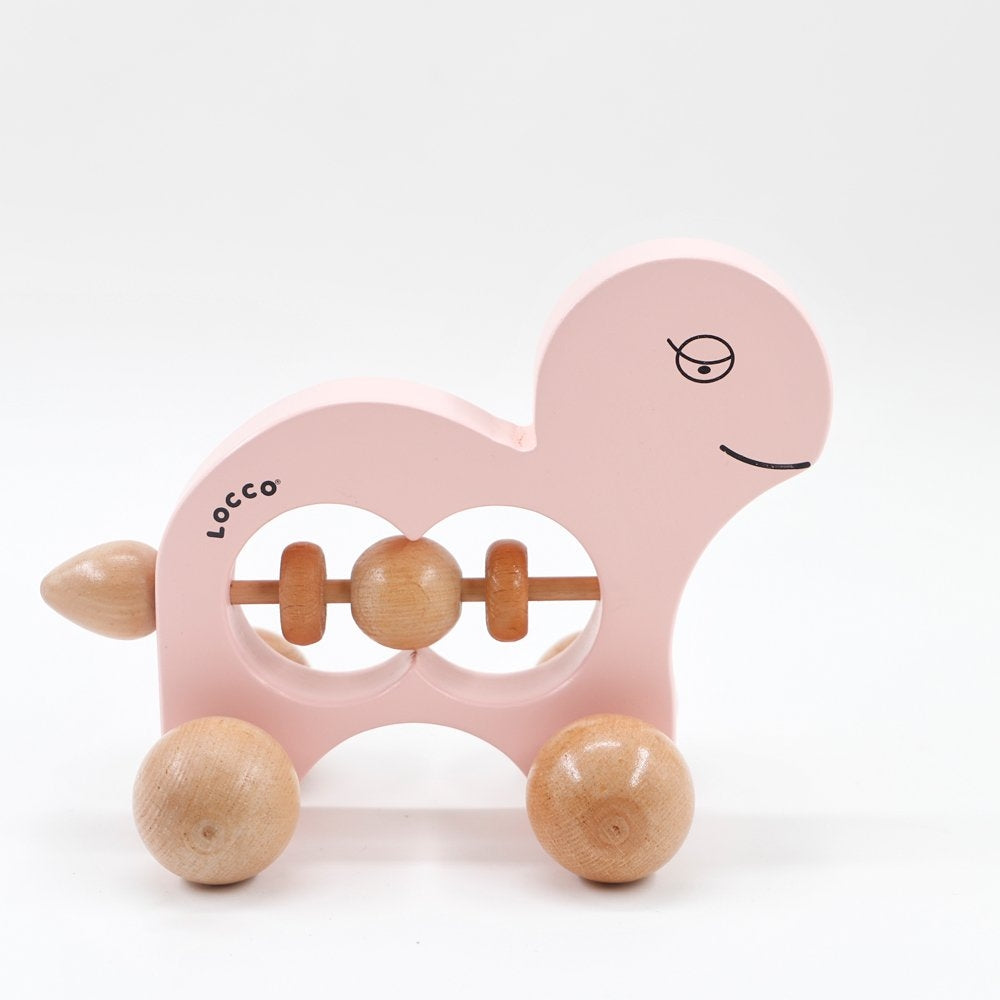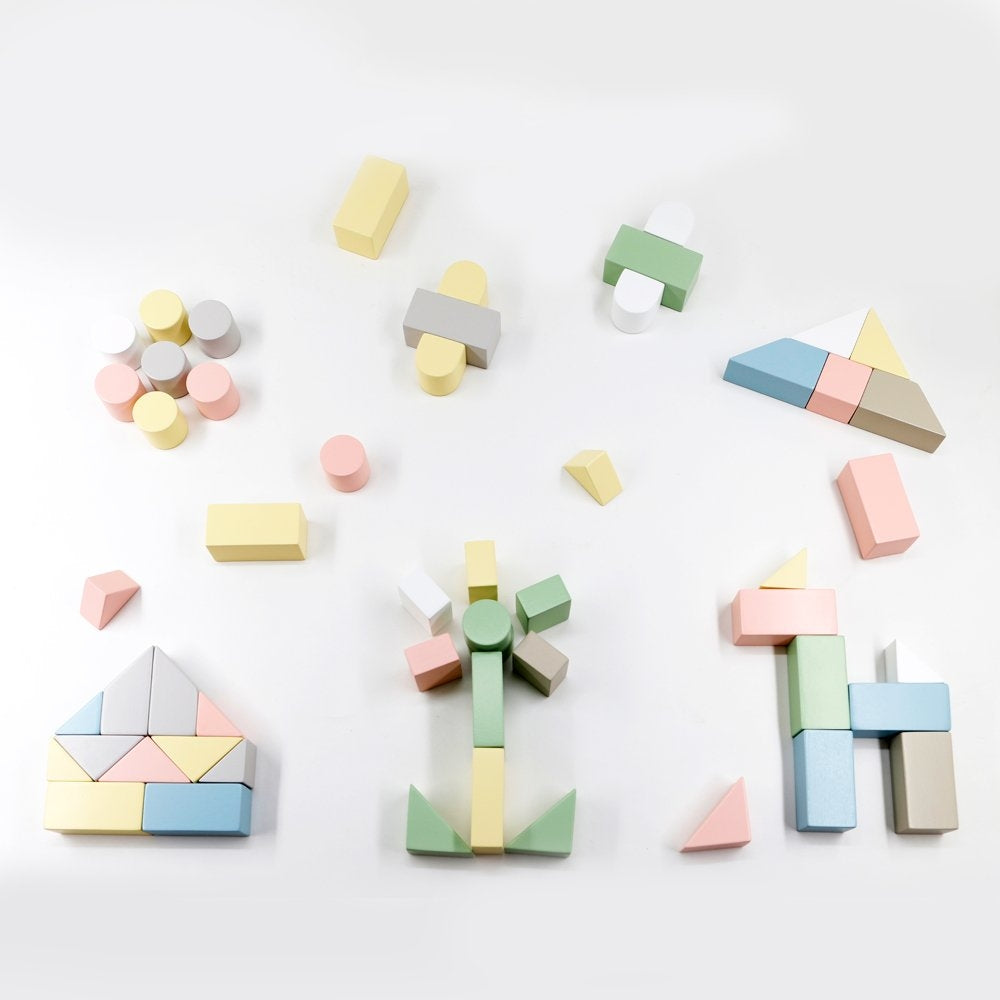Games and Activities That Improve Social Skills in Children
Children begin to acquire social skills from the first years of their lives. Social skills include important abilities such as empathy, cooperation, communication, and emotional intelligence. These skills help children develop healthy relationships, gain emotional awareness, and adapt to social life. However, it is not always guaranteed that these abilities will develop naturally; guidance from parents and educators is of great importance in this process. Games and activities are one of the most effective methods to support social skills in children. While playing, children learn to share, take turns, express their feelings, and understand others.
In this article, we will talk about games and activities that can improve children's social skills. These activities are not only fun, but also provide practical tools that support children's personal and social development.
1. Team Games: Activities That Strengthen Collaboration
Team games help children learn to work together and work toward a common goal. These types of games help children develop important social skills, such as patience, leadership, and respect for others' opinions.
Sample Game:
Games like Capture the Flag require children to work as a team. Children learn to communicate and cooperate as they develop a strategy. They also learn how to cope with winning or losing, which builds emotional resilience.
2. Role Playing Games: Empathy and Communication
Role-playing games are great activities that allow children to put themselves in the shoes of others. By taking on different characters, children develop their empathy skills and begin to better understand the emotions of others. These types of games also support creative thinking skills.
Sample Game:
Games like doctor or market allow children to try out roles they may encounter in daily life. In the process, they strengthen their communication skills and learn how to interact with others.
3. Group Discussions and Debates: Expression Ability and Listening Skills
Group discussions and debates allow children to express their ideas openly. They also learn to respect the opinions of others and to listen to different points of view. Such activities also help children develop critical thinking skills.
Sample Event:
Group Problem Solving activities allow children to work together to produce solutions when they encounter a problem. In this process, children learn to share their ideas and listen carefully to others.
4. Art and Creativity: Expression and Collaboration
Art activities allow children to express themselves and unleash their creativity. At the same time, group art projects allow children to work together to achieve a common result. Such activities can develop children's emotional intelligence as well as social skills.
Sample Event:
Group activities, such as Painting Together , allow children to collaborate to create a shared work of art. In this process, children exchange ideas and learn to work together.
5. Puzzles and Brain Games: Patience and Communication
Puzzles and intelligence games help children develop their ability to produce solutions both individually and as a group. Solving puzzles together helps children learn to be patient and understand the importance of working together to achieve goals.
Sample Game:
The Puzzle Together activity allows children to develop their problem-solving skills while also learning to communicate. They understand the importance of cooperation and strategic thinking while achieving goals.
Children’s development of social skills is critical to their ability to contribute to society as healthy individuals in the future. Games and activities are powerful tools to help children understand the social world and interact with others. From team games to role-playing games, art activities to puzzles, many activities support children’s social and emotional skills. Parents and educators can help children develop these skills and prepare them for future success.
The games and activities mentioned in this article are not only a great way to have fun, but also to develop children’s social skills. If you want to strengthen your child’s social skills and provide them with lifelong tools, don’t forget to include these games and activities in your daily life.





